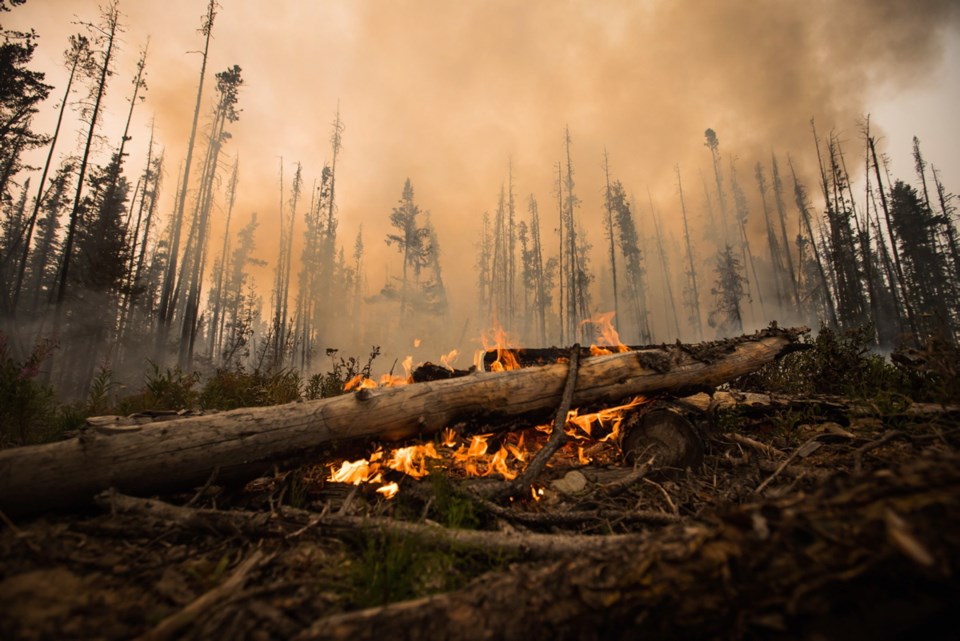A $1-million research project hosted by the University of Victoria is looking for ways to manage forests to reduce the risk of wildfires.
The four-year project, called Wildfire and Carbon, was announced by the UVic-based Pacific Institute for Climate Solutions, which was established in 2008 with an endowment from the B.C. government and other partners.
The Canadian Forest Service, the University of British Columbia’s forestry faculty and the United States Forest Service are all expected to be partners.
Werner Kurz, a senior research scientist with Natural Resources Canada, said the project will offer a chance for scientists from across B.C., Canada and the U.S. to collaborate on new strategies to manage the risks of wildfires.
Kurz said those new strategies will need to be adapted to local eco-systems, of which B.C. has many, from the dry Okanagan to coastal rainforests.
“You really need to look at the richness of the ecosystem types and their conditions and then come up with regionally differentiated strategies,” he said. “We want to be able to say: ‘This could work here and that could work there.’ ”
Strategies could range from planting more broad-leaf tree species — which are less likely to burn as easily and as hot as the conifiers typical of B.C. forests — to removing and utilizing some of the wood that’s now left behind and burned as slash.
It might even mean creating geographic fire breaks to help stop the spread of wildfires.
Kurz said that large forest fires, such as the ones now burning in Australia, can wipe out any reductions in greenhouse-gas emissions a community can make.
For example, B.C.’s forest fires in 2017 and 2018 both emitted nearly 200 million tonnes each in carbon dioxide, a greenhouse gas, Kurz said. All other sectors in B.C., from cars to home heating and industry, produce only 62 million tonnes per year.
“So the impacts of all the things we can do pale in comparison to the impact of wildfires,” he said.
While it’s not possible to stop all wildfires, Kurz said, “what we are trying to do is manage the risk and manage the amount burned to the greatest extent possible.”



